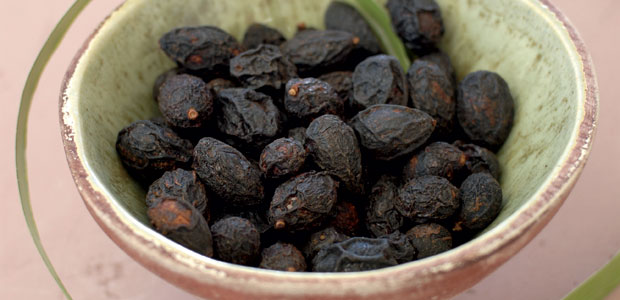Advertisement
Preventing Prostate Problems
With over half of men past age 50 experiencing prostate enlargement, it’s no surprise that treatments for conditions causing this problem have improved considerably within the last several years. But research is now focusing on prevention, and the spotlight has turned to natural remedies as a way of maintaining prostate health. Prostate Basics You can’t … Continued

With over half of men past age 50 experiencing prostate enlargement, it’s no surprise that treatments for conditions causing this problem have improved considerably within the last several years.
But research is now focusing on prevention, and the spotlight has turned to natural remedies as a way of maintaining prostate health.
Prostate Basics
You can’t see it or feel it, but if you’re a man over the age of 50, chances are you should be thinking about the health of your prostate. This walnut-sized gland is tucked away below the bladder and surrounds the upper part of the urethra, the tube from which men ejaculate and urinate.
Many men fear prostate cancer, the most common cancer among Canadian men. However, benign conditions such as prostatitis (inflammation of the prostate gland) or benign prostatic hyperplasia (BPH, or noncancerous prostate enlargement) can also interfere significantly with urination–and quality of life.
Taking Control
Fortunately, there may be ways you can prevent prostate problems and even improve the symptoms of prostate diseases. Research shows evidence that some vitamins, minerals, and herbals may have a beneficial effect on the prostate. Exactly how these substances work hasn’t been determined, but their mechanisms of action are under investigation and theories are emerging.
According to initial studies, the beta-sitosterol herb extract improves urine flow in some men with mild to moderate BPH, and some research results show that saw palmetto berry extract may help reduce prostate enlargement symptoms. Defined rye pollen flower extract has also shown promise by improving BPH symptoms and urine flow, and reducing prostate volume.
Early findings suggest that the minerals selenium and zinc, and the antioxidant lycopene play important roles in prostate cancer prevention: selenium may decrease the risk of prostate cancer, while zinc and lycopene seem to inhibit the growth of prostate cancer cells. The extract of Pygeum africanum, an African evergreen tree, appears to stop both BPH and prostate cancer cells from multiplying, possibly by blocking the androgen receptor, which controls prostate growth.
Prevention is Key
Thanks to this promising research, there are supplements available to help maintain prostate health and potentially prevent diseases from ever developing. Getting checked yearly by your health care practitioner is also crucial, and, even if you’re going the naturopathic route, discuss PSA testing.
Prostate cancer in its earliest stages is frequently symptom-free, so regular screening is recommended by all medical organizations. If you do begin experiencing urinary symptoms, consult your doctor immediately.
Prostate problems are a fact of life for many men, but there are ways you can be proactive and take control now to improve your health–and your future.
Prostate Health Quick Tips
- Don’t wait until you have symptoms–be proactive with your health.
- Take a supplement that combines key prostate protectors, such as saw palmetto, defined rye pollen flower extract, beta-sitosterol, selenium, zinc, lycopene, and Pygeum africanum.
- Visit your doctor for yearly screening and to discuss the PSA test.
- See a doctor immediately if you start to experience difficulty urinating.




